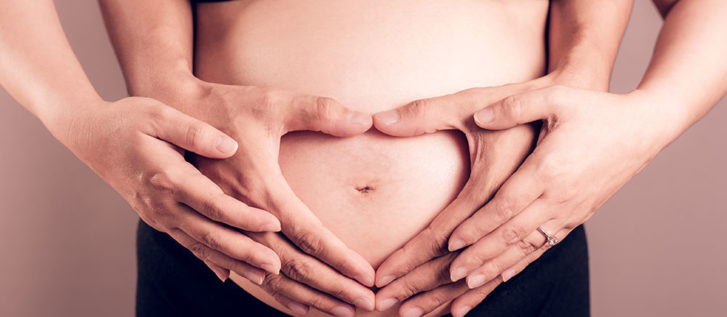
How to be a man
How to be a man, the Channel 4 two-part programme which launched this week, promised a lot...read more
Global research finds couples fall into traditional roles when they have kids, but paternity leave offers a solution

Specific paid parental leave for dads is the key to better gender equality.
That’s the finding from some gold standard global research carried out by the World Family Map project.
Researchers looked at how men and women split domestic tasks such as cleaning, cooking and childcare. They found that couples fall into ‘traditional’ models that see women doing more of the domestic work once children come along.
For example, in Scandinavian countries with a strong history of gender equality three-quarters of childless couples share household tasks equally. But once children enter the equation that proportion drops below half to 45%.
In parts of the world less wedded to gender equality less than a third of childless couples followed a ‘non-traditional’ pattern at home and that fell to one in five once they had a family.
The study looked at various policy initiatives to see what worked in changing those figures. Shared Parental Leave and unpaid paternity leave of whatever length had little impact. However non-transferable paid paternity leave, sometimes known as a ‘father’s quota’ or ‘daddy month’ made a difference. Across all 35 countries studied the proportion of parents adopting a ‘non-traditional’ approach to domestic duties jumped from around a quarter to around a third.
The authors of the work, including noted family theorist Frances Goldscheider, pointed out that if men do more domestic work there are continued benefits such as the fact they are likely to want to do more childcare when they enjoy it and get more confident at it. They compared the potential impact to women taking on jobs in the First World War previous barred to them – resistance to women getting the vote was eroded by the evidence that they could carry out traditionally male roles entirely competently. The researchers say that if men are seen doing traditionally female domestic work more often then attitudes will also alter about what is and isn’t a man’s role in the home.

SPL is such an important topic to us here at Working Dads that it's essential you know all the basics. We asked Andrew Willshire, employment law... read more

Study of families across the globe finds that challenging gender norms and achieving equal parenting takes a lot of effort from working dads read more

My employer was great at letting me take time off for hospital appointments when my partner was pregnant, but now the baby is here I’m worried about... read more

Workingdads.co.uk outlines your rights to ante-natal visits. read more